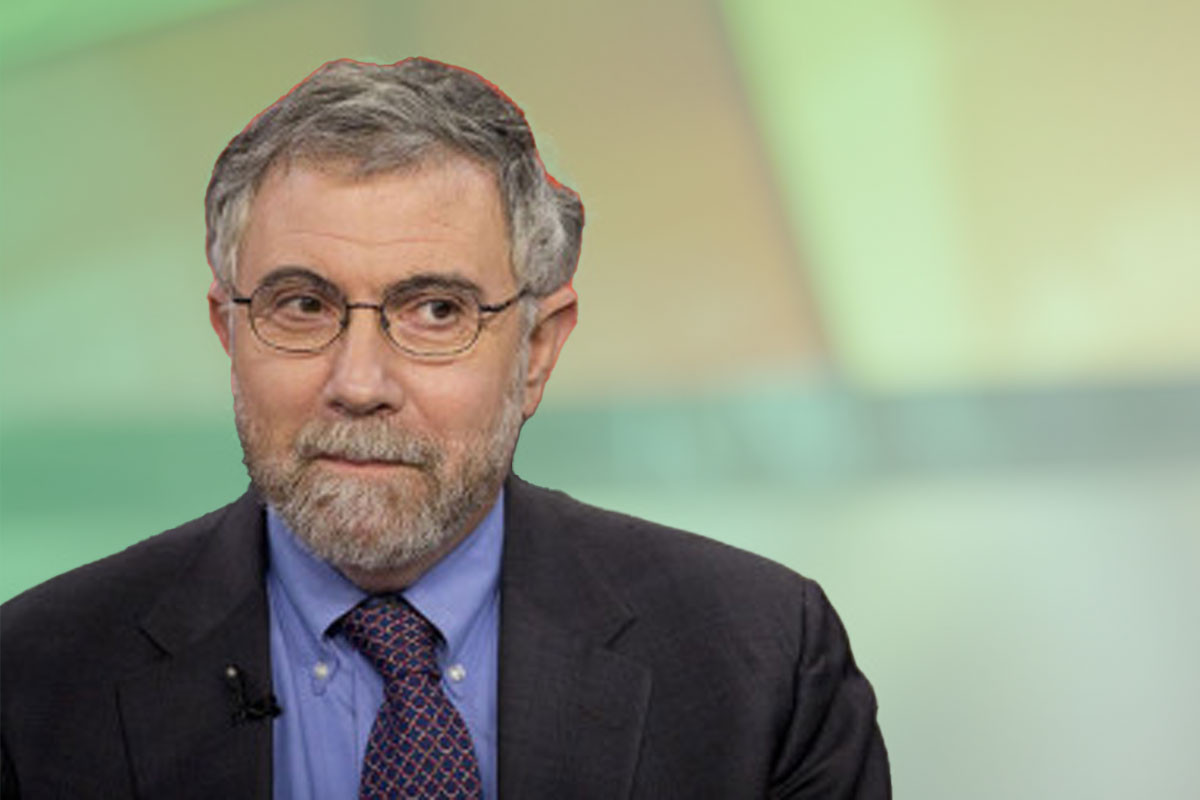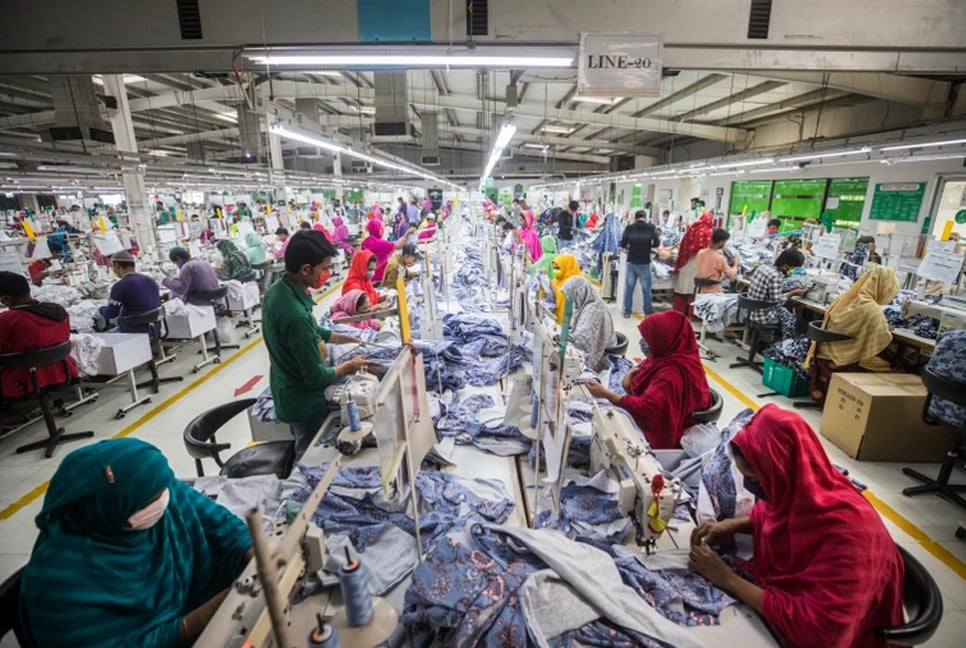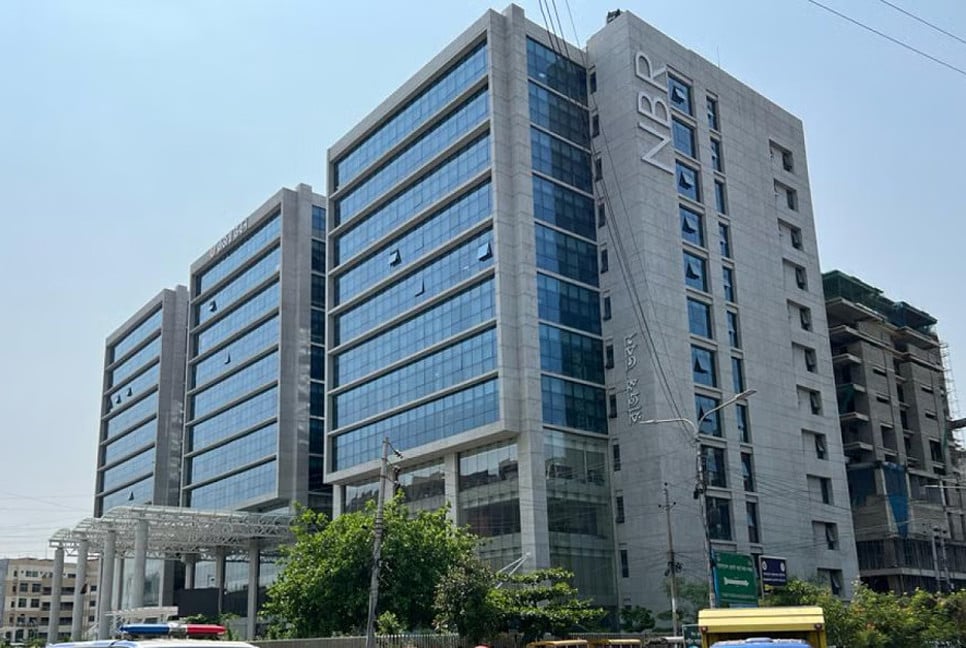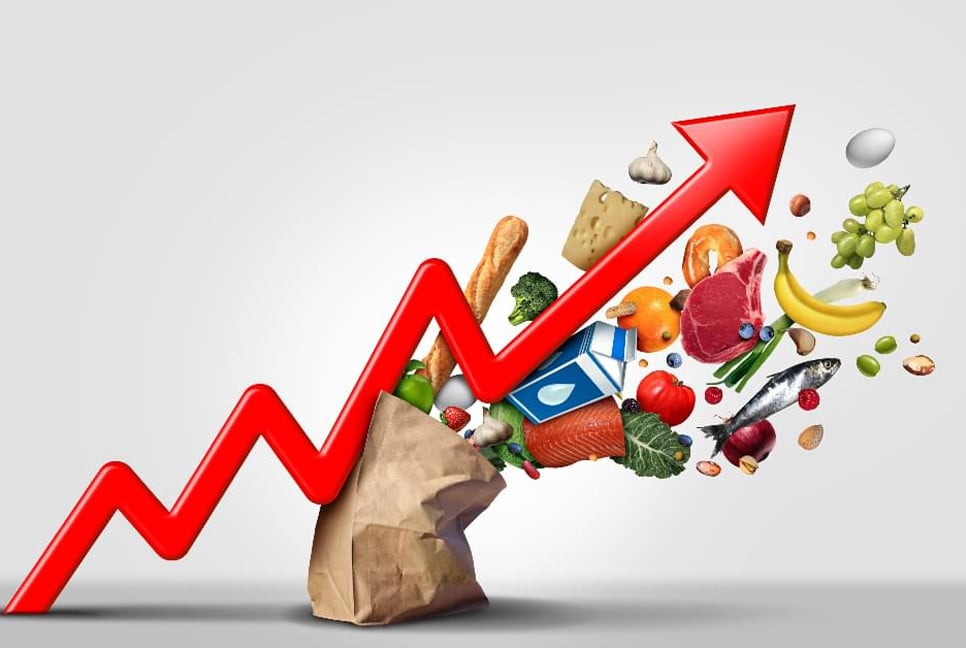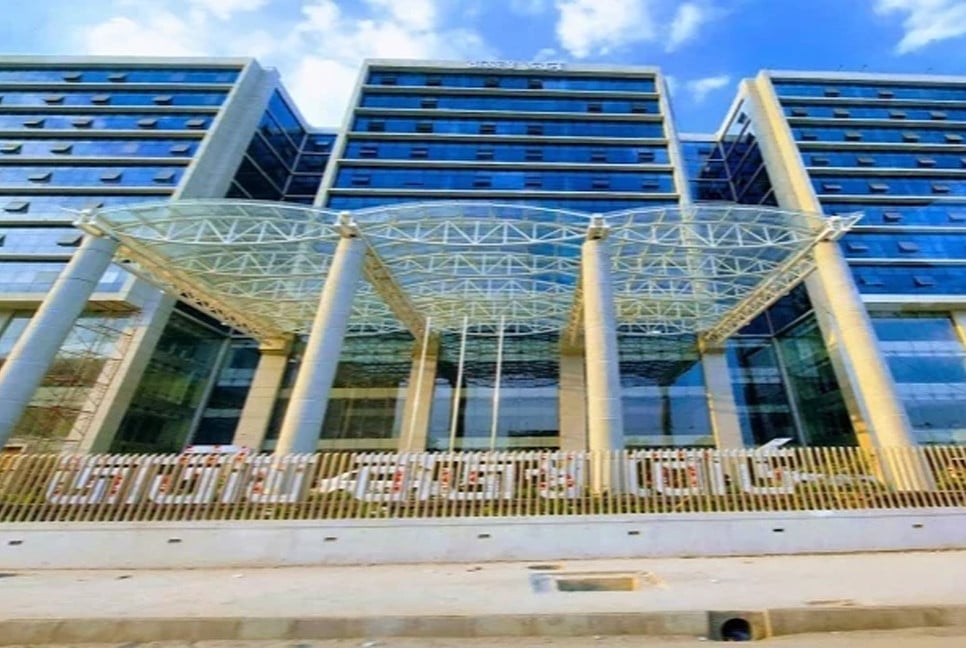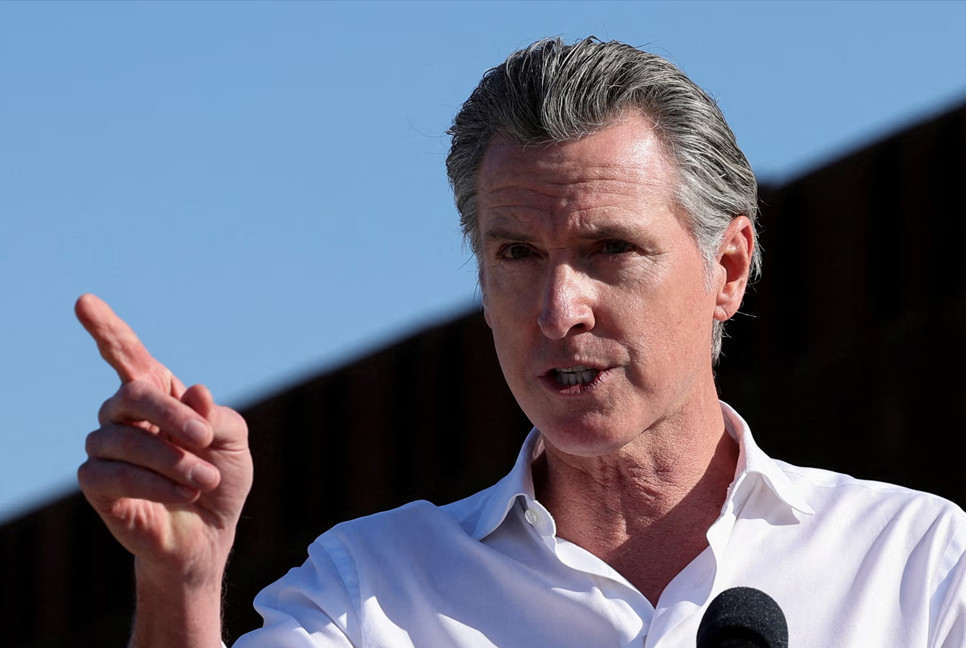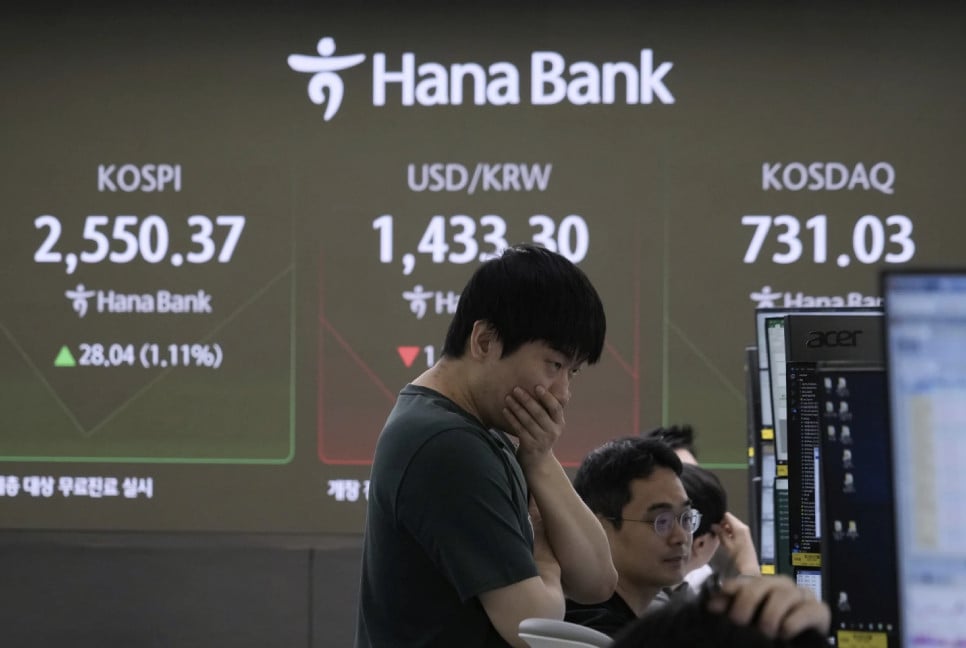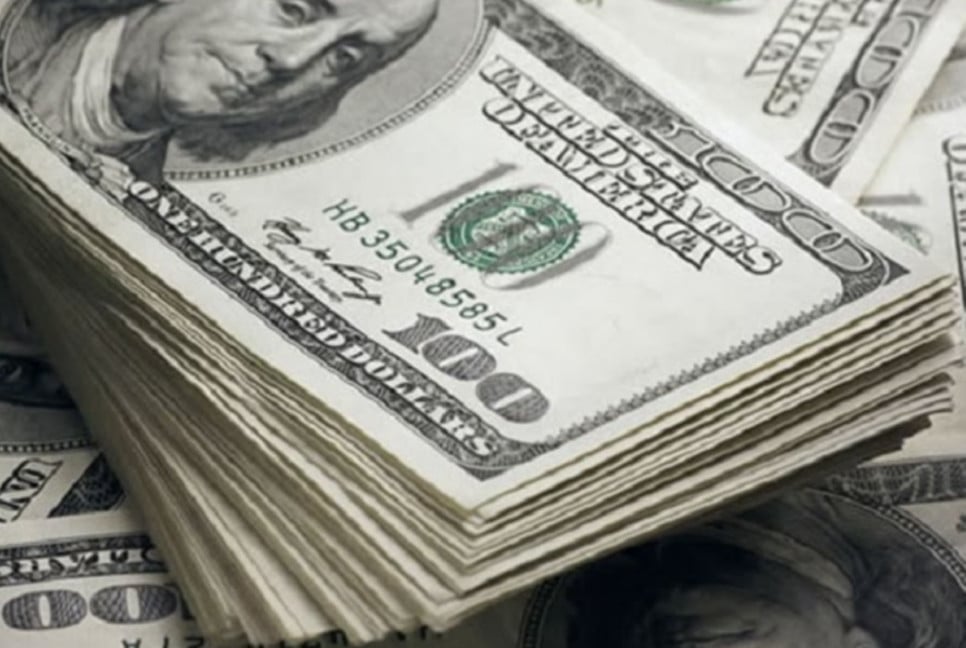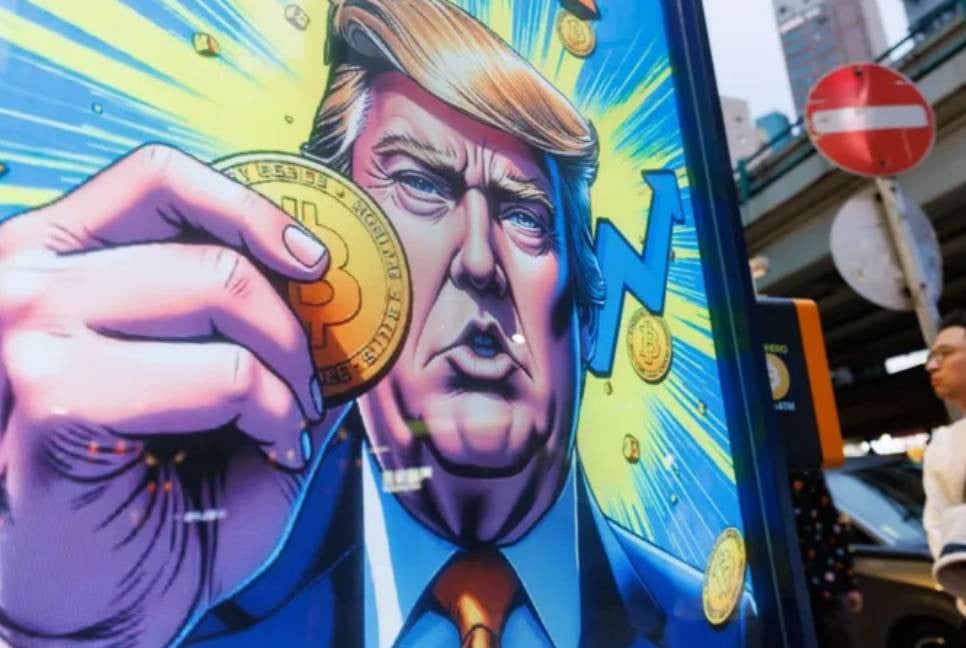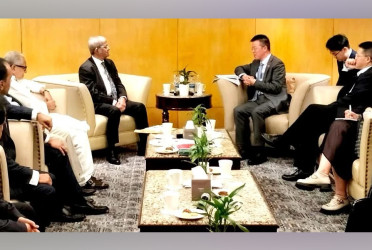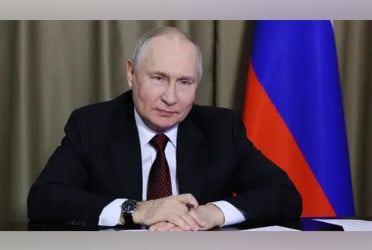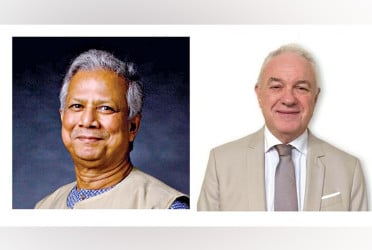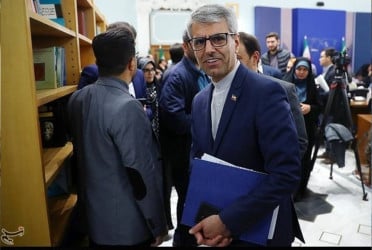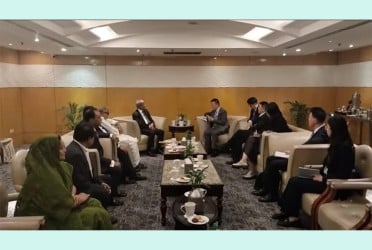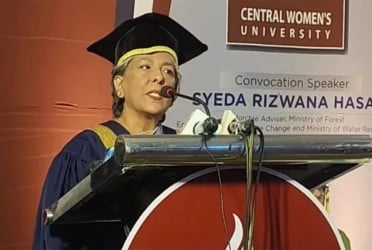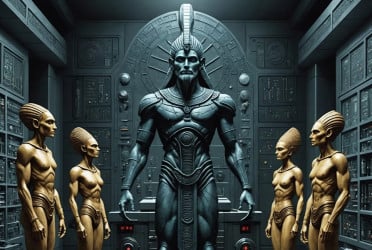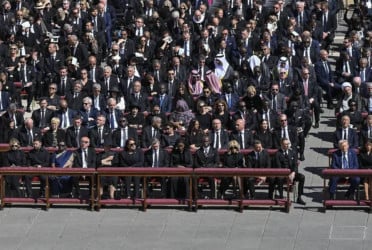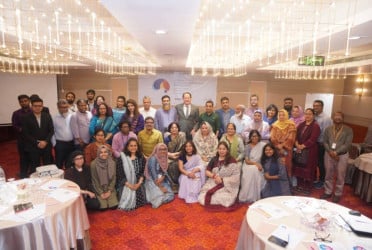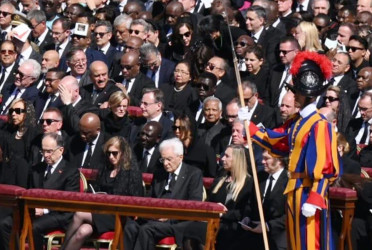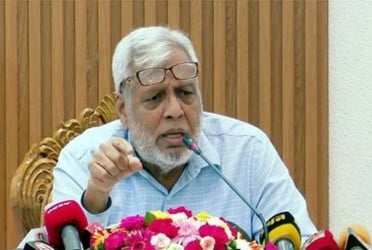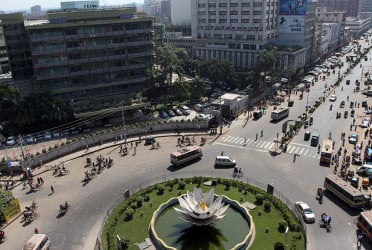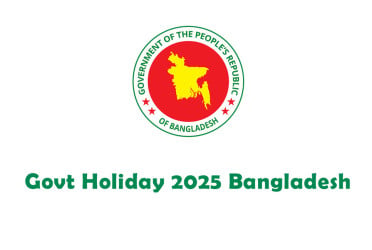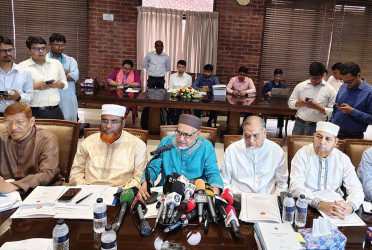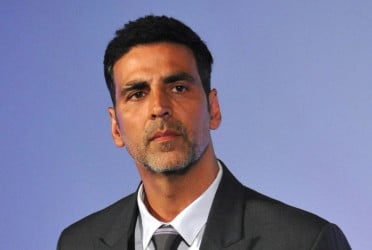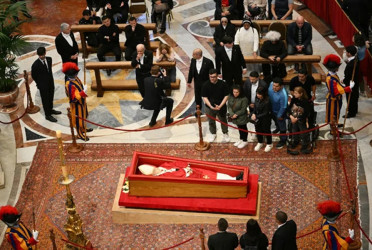Nobel Laureate economist Paul Krugman has criticized the United States' decision to impose high tariffs on clothing imports from Bangladesh, describing the move as counterproductive and detrimental to American consumers. In a recent interview with The New York Times, Krugman argued that such tariffs do not address national security concerns and only serve to increase living costs for American citizens.
"Putting high tariffs on imports of clothing from Bangladesh is exactly what you shouldn't be doing," Krugman stated. He emphasized that these tariffs are disruptive and raise the cost of living for consumers without improving national security. “That’s the kind of thing that is disruptive, raises the cost of living for American consumers, [and] does nothing to make us more secure,” Krugman said.
Krugman went on to explain that tariffs on goods from countries like Bangladesh and Vietnam do little to advance national security. Instead, he argued that countries should focus on "friendshoring" and "nearshoring," bringing production closer to home to ensure easier security and supply chain reliability. “If that’s what we were wanting to do, then we would not be levying tariffs on Vietnam and Bangladesh, and we would certainly not be putting tariffs on Canada and Mexico,” he added.
The renowned economist also critiqued the broader trade policy approach, suggesting that trade imbalances between countries are not inherently harmful. "There’s no particular reason to think that these numbers should be balanced country by country,” he explained, challenging the idea that trade imbalances are evidence of unfair trade practices, a view held by some critics, including former President Donald Trump's trade representatives.
Krugman referenced Robert Lighthizer, former US trade representative, as a key figure in trade policy debates, describing him as an expert with a nuanced understanding of the issues. However, Krugman also noted that Lighthizer's independent stance may have contributed to his lack of influence in the current administration, particularly regarding the issue of tariffs. "He’s generally regarded, among my friends, as a sort of dark, satanic force in the trade policy debate. But he is respected because he clearly knows his stuff,” Krugman said.
The economist concluded that the imposition of tariffs on Bangladesh clothing imports and similar policies could hurt the economy in the long term, urging a more thoughtful approach to trade and economic relations.
Bd-pratidin English/ Jisan

